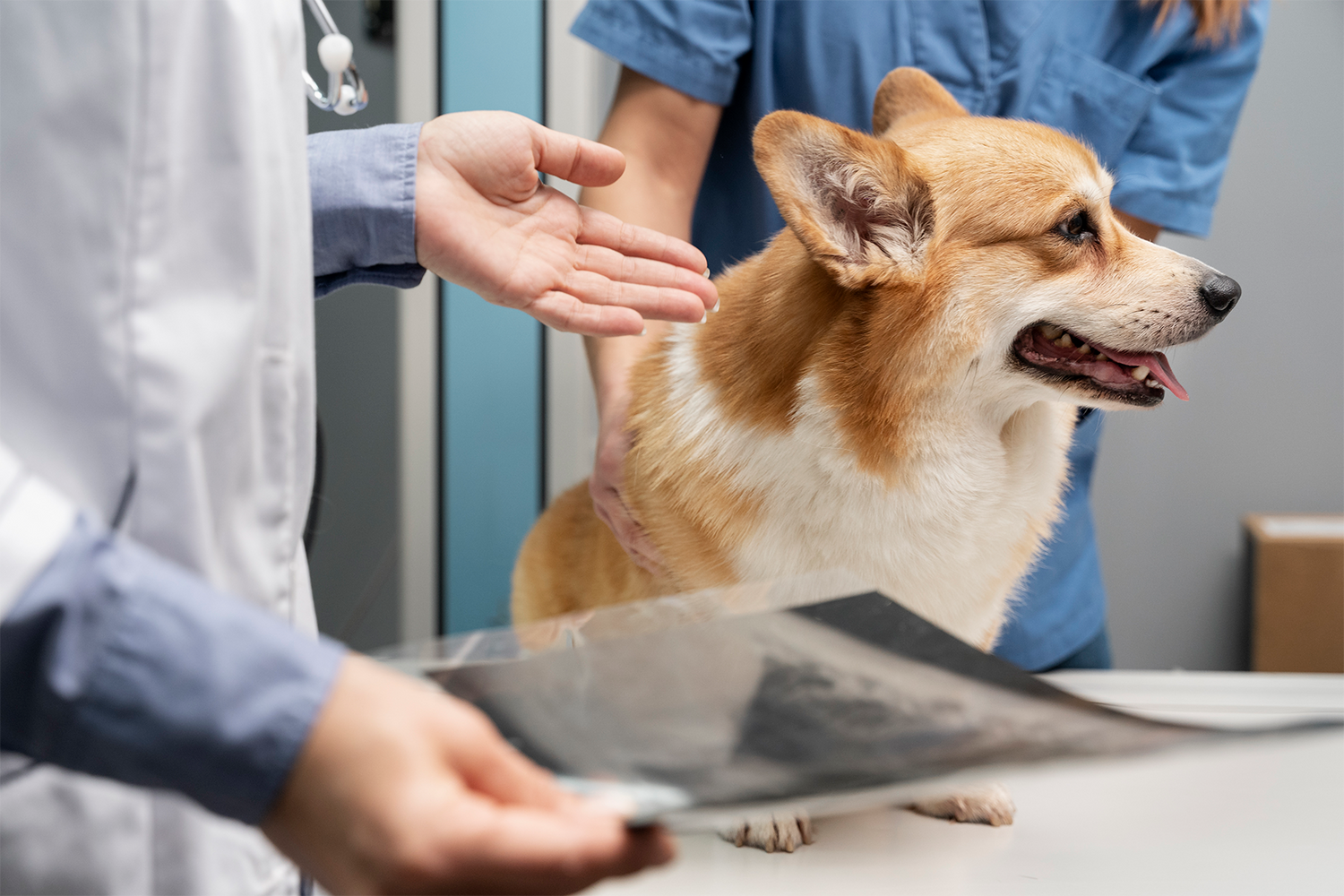Post-operative care is crucial to the recovery and well-being of horses after surgery. One of the most common complications following equine surgery is inflammation in horses. This natural physiological response to injury or surgery can significantly affect a horse's recovery process. Understanding how to reduce inflammation in horses is an important part of responsible care. Proper management of post-operative inflammation is vital for supporting horse post-surgery wellness and minimizing discomfort during healing.
What is Post-Operative Inflammation in Horses?
Post-operative inflammation refers to the body's immune response to tissue damage caused by surgical procedures. This response includes increased blood flow to the affected area, resulting in swelling, heat, redness, and pain. While inflammation is a necessary part of the healing process, excessive or prolonged inflammation in horses can hinder recovery and contribute to secondary concerns. This is why many owners and veterinarians focus on strategies related to horse surgical inflammation support.
Residual swelling from a chip removal surgery that was persistent for 8 months after surgery. 20 days on OptiWize and the inflammation had disappeared.

Causes of Post-Operative Inflammation
Several factors contribute to post-operative inflammation in horses:
-
Surgical Trauma: The incision and manipulation of tissues during surgery trigger an inflammatory response. This type of inflammation in horses is expected but must be monitored carefully.
-
Joint Capsule Damage: The joint capsule, a critical structure that encloses the joint and contains synovial fluid for lubrication, may become damaged, inflamed, or stiff following surgery. This can lead to reduced joint mobility and visible symptoms such as equine knee swelling or horse pastern swelling. In some cases, owners may notice localized fluid retention or sensitivity near the joint.
-
Infection: Bacterial contamination during or after surgery can cause severe inflammation.
-
Foreign Materials: The presence of sutures, implants, or other foreign materials can provoke an immune response.
-
Underlying Conditions: Pre-existing health conditions, such as immune system disorders, can exacerbate post-operative inflammation.
Signs and Symptoms of Post-Operative Inflammation
Recognizing the signs of post-operative inflammation is crucial for timely intervention. Key symptoms include:
-
Swelling: Noticeable enlargement around the surgical site, including horse pastern swelling or equine knee swelling depending on the procedure.
-
Heat: Increased warmth in the affected area.
-
Pain: The horse may exhibit discomfort, limping, or reluctance to move.
-
Redness: The skin around the incision may appear reddened.
-
Reduced Mobility: Stiffness or restricted movement can indicate underlying inflammation. This is why owners explore equine recovery and mobility supplements as part of a broader care strategy.
Impact of Inflammation on Recovery
While inflammation is a natural part of healing, excessive or unmanaged inflammation can have several negative consequences:
-
Delayed Healing: Prolonged inflammation in horses can slow down the regeneration of tissues, delaying the healing process.
-
Infection Risk: Inflammation can create an environment conducive to bacterial growth, increasing the risk of infection.
-
Chronic Pain: If left unchecked, inflammation can lead to chronic pain and discomfort, affecting the horse's quality of life.
-
Scar Tissue Formation: Excessive inflammation can contribute to the formation of scar tissue, which may impair function and movement.
Because of these risks, horse surgical inflammation support becomes a key consideration in post-operative care.
Strategies for Managing Post-Operative Inflammation
Effective management of post-operative inflammation is essential for a smooth recovery. Working closely with your surgeon in the post op recovery process is crucial for maintaining horse post-surgery wellness. Here are several strategies to consider:
-
Proper Supplementation
Providing your horse with a high-quality supplement is essential for promoting the healing of the surgical site and combating inflammation, which are critical to a swift recovery. Many owners incorporate equine recovery and mobility supplements to complement veterinary care and nutritional planning. Products such as an equine collagen joint supplement are commonly included in discussions around connective tissue support and structural maintenance.
OptiWize 10-N-1 is formulated with 10 all-natural ingredients that actively support the healing process while offering potent anti-inflammatory properties to address residual inflammation. This supplement not only aids in reducing swelling and discomfort but also plays a vital role in promoting the health of synovial fluid and cartilage, which may have been compromised during surgery. By incorporating OptiWize 10-N-1 into your horse’s post-operative care, you can help ensure optimal joint health and faster recovery, allowing your horse to return to its normal activities sooner. Additionally, OptiWize 10-N-1 can help decrease the risk of osteoarthritis developing from the trauma the joint may have endured, further protecting your horse's long-term joint health
-
Rest and Controlled Exercise
Adequate rest is vital for the horse’s recovery. Restricting movement and providing a comfortable, stress-free environment can help reduce inflammation in horses. Adequate rest is vital for the horse’s recovery. Restricting movement and providing a comfortable, stress-free environment may help limit excessive inflammation in horses. Controlled exercise, when recommended by a veterinarian, can assist with circulation and mobility without placing undue stress on healing tissues. This balanced approach supports horse post-surgery wellness.
-
Monitoring and Follow-Up Care
Regular monitoring of the surgical site and the horse’s overall condition is essential for early detection and management of inflammation. Observing signs such as horse pastern swelling, equine knee swelling, or changes in gait can provide valuable early indicators. Veterinary follow-up ensures adjustments can be made to support recovery and horse surgical inflammation support.
Conclusion
Managing post-operative inflammation in horses requires a comprehensive approach. Strategies involving veterinary guidance, rest, nutrition, and the thoughtful inclusion of a horse collagen supplement all contribute to horse post-surgery wellness. Incorporating OptiWize 10-N-1 into your horse's recovery plan can significantly enhance this process by supporting healing, reducing inflammation, and promoting joint health. By addressing inflammation promptly and effectively with the help of OptiWize 10-N-1, we can help ensure a smoother recovery and better outcomes for horses following surgery.



